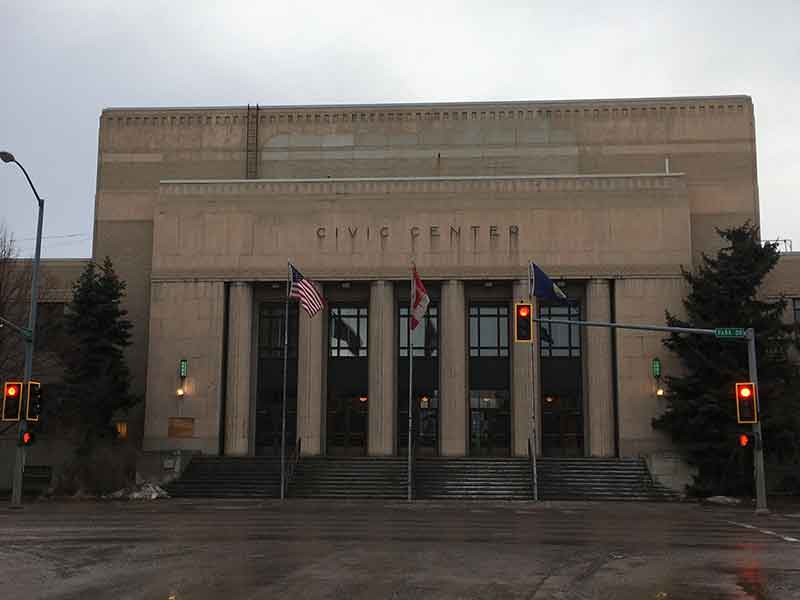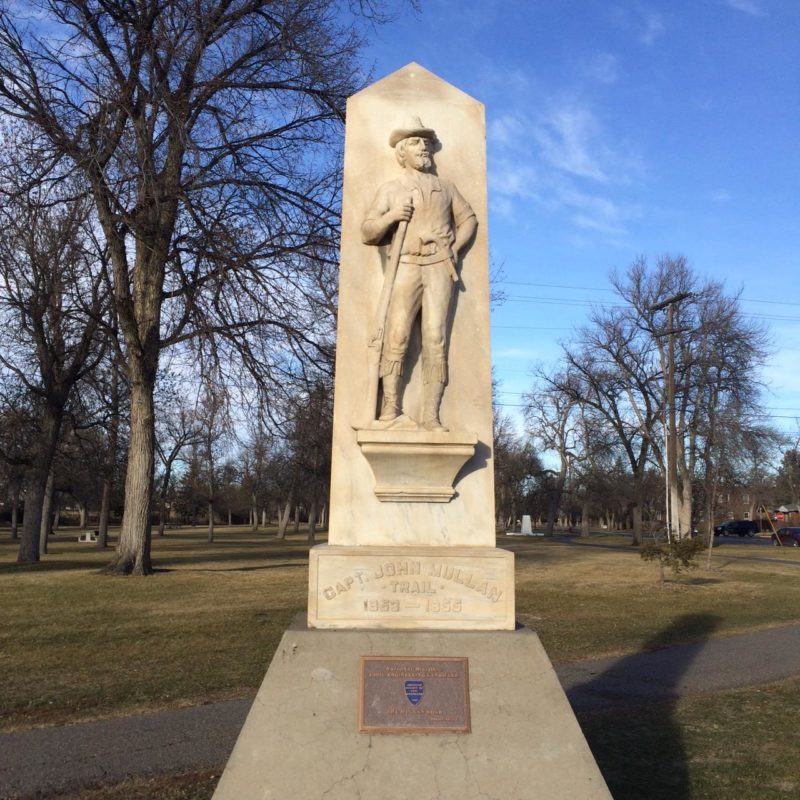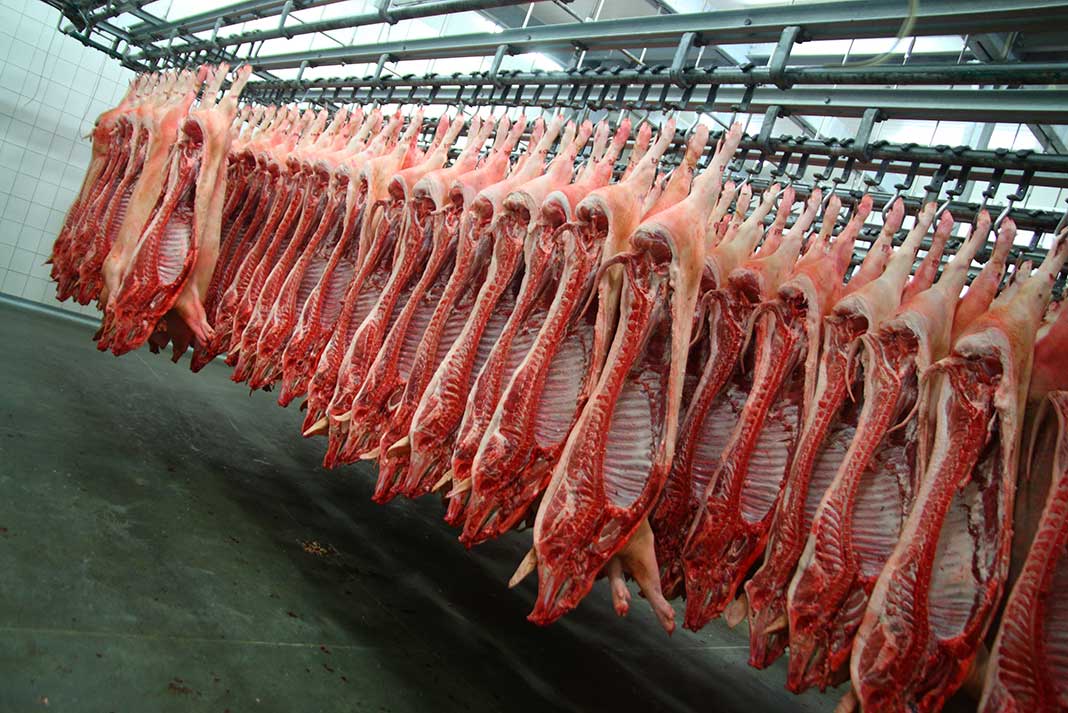A couple of months ago during the Great Falls City Commission campaign, I posted a Facebook request for then candidate Mary Moe calling for her to provide voters with a definitive position on historic monuments and references to local figures. The Columbus Day post was recently reposted to E-City Beat.
I think it is safe to say that most notable memorialized individuals from our collective history were not without flaws, especially when taken out of historical contexts and judged by today’s standards. Now historic statues are being vandalized, or removed from public property, and streets are being renamed to progressively purge any reference to notable individuals and causes not to our liking.
History is a continuum and our references to individuals should be viewed as celebrations of their accomplishments, not necessarily their personal faults, or commonly held views and practices of the times in which they lived.
In Great Falls, we have only a few statues and monuments to those who have influenced and contributed to the development of our region, but we also have schools named after national figures as do almost every part of our country. Local monuments and references include Lewis and Clark, Charles Russell, Paris Gibson, and Captain John Mullan. We know that both Lewis and Clark were slave owners and that Clark was particularly brutal to his human property.
Captain John Mullan’s statue is located at the southern end of Gibson Park and honors his work in constructing the Mullan Road which In 1978 was named a National Historic Engineering Landmark.
John Mullan, Jr. (July 31, 1830 – December 28, 1909) was an American soldier, explorer, civil servant, and road builder. After graduating from the United States Military Academy in 1852, he joined the Northern Pacific Railroad Survey, led by Isaac Stevens. He extensively explored western Montana and portions of southeastern Idaho, discovered Mullan Pass, participated in the Coeur d’Alene War waged against the area’s native inhabitants, of whom 17 were hung, and led the construction crew which built the Mullan Road in Montana, Idaho, and Washington state between the spring of 1859 and summer of 1860.
Keith Petersen’s book, John Mullan: The Tumultuous Life of a Western Road Builder, asserts that John Mullan was a racist. He was upset that the Civil War was being waged on behalf of African Americans and slavery rather than maintaining the union, yet also felt that secession was a “fraud” and that war would only lead to devastation. He believed that government was “a white man’s government” and that laws should be written “by white men, for the benefit of white men.” He believed “negro suffrage was forced upon the people”, opposed Asian immigration (except for commercial purposes, such as coolie labor), and opposed naturalization of Asian immigrants. “There is no way to whitewash Mullan’s racism,” historian Keith Petersen has written. “Even for his time and that place, his opinions were vile”
(Petersen, Keith (2014). John Mullan: The Tumultuous Life of a Western Road Builder. Pullman, Wash.: Washington State University Press. ISBN 9780874223217.)
Will a city commissioner Mary Moe offer a motion to haul off Captain Mullan into the sunset and rename the Lewis and Clark Interpretive Center, simply the Corps of Discovery Interpretive Center?
“We recently saw several examples of cities tearing down monuments in the heat of the reaction to the events in Charlotte, NC. Having written policies for establishing and/or discontinuing such memorials forces a community and its governing body to take a step back from the emotion of the moment and apply the standards created for such a situation in the cool voice of reason. Does the City of Great Falls have a naming policy for monuments and memorials on city property? We should – and the policy should provide guidance for how that honor might be rescinded.”
Should the citizens of Great Falls expect Mary Moe to pursue and advance such a policy to selectively rewrite history and act as judge and jury for naming rights and the rescission of existing historic acknowledgements?
We recently witnessed the gravity of the issue with the resignation of a school district trustee over the naming of the New Roosevelt School. Quite frankly, Mansfield Elementary sounds pretty good to me, or maybe it could have just been named Eleanor Roosevelt Elementary.
Be it Principle, or Politics, I think you owe us an answer, Commissioner-elect Moe.









